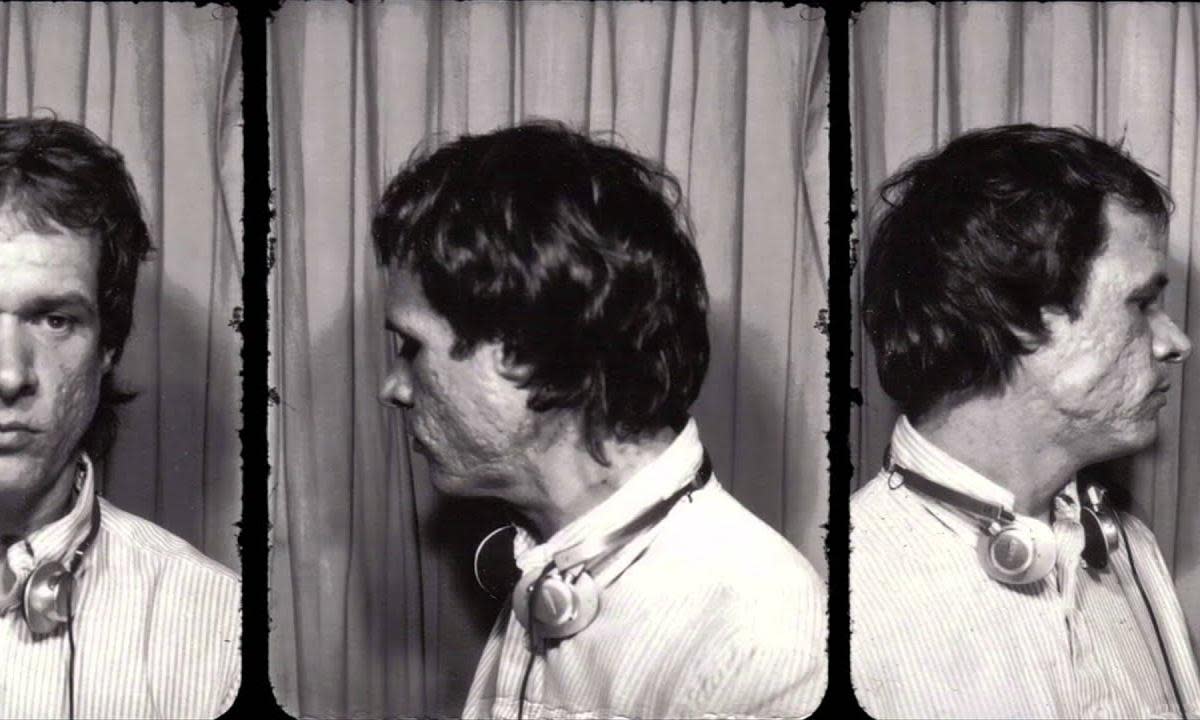Travels Over Feeling: Arthur Russell, a Life by Richard King review – Village voice

In 1966, when he was 15 and growing up in Iowa, Arthur (known then as Charley) Russell wrote a letter to a school pal. “All of my former friends think I’m naive and unperceptive. I KNOW I’M NOT!!” Within a few years he had decamped to San Francisco’s Haight-Ashbury neighbourhood, selling countercultural papers, getting busted for possessing marijuana. Later he moved to New York, becoming a labile figure in its downtown music scene, charming and disarming many of those he ran into, but exasperating others. Sighed Sire Records boss Seymour Stein: “That kid is fucking talented but meshuggeneh, oy!”
Before he died of Aids-related complications in 1992, aged just 40, Russell was everywhere and nowhere. He was a “between artist” – a teenage cellist who went on to study modern composition and Indian classical music, a minimalist who recorded powerpop, an obsessive studio technician who was drawn to the soundscapes of disco and early hip-hop. He slid across genres, making desire lines through otherwise gatekept fields. “In retrospect,” observes Richard King in this tapestry of archive and oral history, “his interdisciplinary résumé reads like the exemplary working life of a 21st-century producer‑composer.”
Russell was shy and soft-spoken, his face deeply acne-scarred. He struggled to finish tracks, endlessly tweaking and retweaking them – much to the frustration of collaborators. One of his successful singles – the gloriously smutty-sounding Is It All Over My Face – was secretly bootlegged by its record label and sold directly to DJs, making “a huge amount of money” for others, but not for him. In 1982, a 10-page article in New York Rocker identified dozens of pivotal downtown figures but barely mentioned Russell. King’s 2012 book How Soon Is Now?, a history of British independent music, recounted how staff at Rough Trade’s warehouse used unsold copies of Russell’s World of Echo LP as a Frisbee.
In recent decades Russell’s diffuse work has been reassessed. Post-punk fans have been drawn to its wonkiness, its fermenting disco-not-disco. He was the subject of Matt Wolf’s 2008 documentary, Wild Combination, as well as Tim Lawrence’s peerless 2009 biography, Hold on to Your Dreams. Though far from being politically active, he is now often held up – like other resurrected figures such as Klaus Nomi, Cookie Mueller and David Wojnarowicz – as part of New York’s queer cultural pantheon.
Travels Over Feeling draws heavily on the Russell papers held at the New York Public Library for the Performing Arts. Here, elegantly presented, are flyers, faxes, notebooks; a school report where six-year-old Charley is presciently praised for his “very satisfactory work in all areas of music – rhythms, hearing the difference in tones, listening, and singing”; a teenage letter in which he cites Alan Watts, Ornette Coleman, Dylan Thomas, John Cage and Walt Whitman; applications for a grant (he was often skint and forced to call his father, a two-time mayor of Oskaloosa and boss of an insurance company, for money); photographs of him beginning to look painfully thin, and an identification card “For People with Disabilities”.
What comes across vividly is the cussed power of New York itself. In the 1970s it was widely seen as a fallen city, ravaged by white flight, a minor Beirut. One of King’s interviewees, the musician Jeb Loy Nichols, remembers his apartment being broken into seven times in the first two weeks – “We used to come down the steps and there would be the guys and girls who lived in our building reading my books and wearing my clothes, and they would say, ‘Hi, how you’re doing?’” For Russell, the blocks below 14th Street exuded possibility rather than entropy. He paced the East Village, absorbed its Latino soundworlds, scribbled notes on paper scores.
No Wave deconstructionists and art-gallery composers produced tense, atonal versions of the city. Russell’s recordings, by contrast, were infused by Zen spirituality, more liquid than concrete, hazily sun-striped rather than darkly morose. He performed in groups such as the Sailboats, Bright & Early, and Turbo Sporty, whose names evoked anything but the end of civilisation.
It’s the porosity and openness of his music, its tender utopianism, that sings out to many younger listeners today. King quotes the Bronx-raised percussionist Mustafa Ahmed, who claims: “Arthur took me out of the ghetto of just doing R&B music with black cats.” Ahmed adds that, at a hospital on the night of his son’s birth, he switched on a black radio station only to hear Russell’s Go Bang! “‘Oh, bingo, are you kidding me?’ I’m saying. ‘That’s Arthur, that’s Arthur!’”
• Travels Over Feeling: Arthur Russell, a Life is published by Faber (£30). To support the Guardian and the Observer buy a copy at guardianbookshop.com. Delivery charges may apply.


